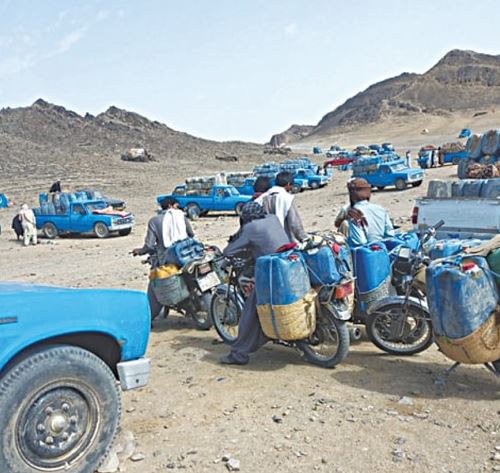In a significant move, Chief Minister Mir Abdul Quddus Bizenjo has made a decision to lift the ban on the sale of Iranian petrol in Quetta and its surrounding areas. Acting swiftly upon learning about the ban, the chief minister directed the Inspector General of Police (IG) to cease the crackdown on the sale of Iranian petrol. Bizenjo acknowledged the fact that many individuals rely on selling Iranian petrol as their primary source of income, which supports their families and sustains their livelihoods.
Highlighting the potential consequences of the ban, Bizenjo emphasized that numerous households would be left without any means of income if it were to remain in place. As a result, he instructed the IG to allow the sale of Iranian petrol along highways and in open spaces, while maintaining the ban in densely populated residential areas to address safety concerns.
The chief minister’s decision has received positive feedback from political and social circles in the province, with many commending his efforts to protect the livelihoods of a significant number of people. Mir Ziaullah Langue, Balochistan’s Minister for Home and Tribal Affairs, also expressed appreciation for Bizenjo’s decision, recognizing it as a beneficial initiative that would have a positive impact on the citizens.
It is important to note that concerns have been raised by petroleum dealers in recent months regarding the escalating issue of Iranian fuel smuggling into Pakistan. These dealers claim that approximately 35% of the country’s diesel is being illegally imported from Iran. The Pakistan Petroleum Dealers Association (PPDA) has brought this matter to the attention of the international media, revealing that the smuggling, initially concentrated in Balochistan, has now spread to other regions of Pakistan.
To tackle this pressing issue, the government had previously issued instructions to security forces to crack down on the smuggling of Iranian fuel. An official memo highlighted the alarming 40% decline in diesel sales in the country due to the influx of smuggled products. Additionally, a report by S&P Global Commodity Insights revealed that Iranian fuel is significantly cheaper, with a price that is approximately Rs. 53 per liter lower than the official retail price in Pakistan.
According to the Oil and Gas Regulatory Authority (OGRA), an estimated 4,000 tonnes of fuel are being smuggled into Pakistan each month, resulting in a substantial revenue loss of approximately Rs. 10.2 billion. This widespread illegal activity poses a significant challenge for the government in terms of revenue generation and maintaining fair competition within the petroleum market.

